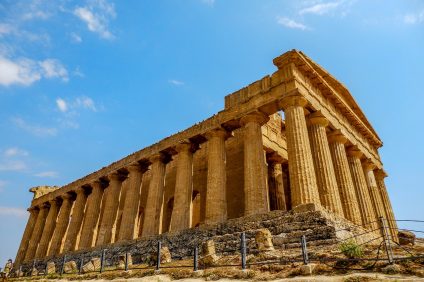Aphorisms or proverbs are “pearls of wisdom”. They express ways of thinking handed down from popular culture. Their origin dates back to the medieval period when the so-called “troubadours of the time” loved to spread their songs by traveling from country to country. The messages of their songs were constantly enriched. Therefore they often took on that characteristic which we now know as the “refrain”.
Aphorisms are precious for everyday life. They are a source of inspiration from which we can draw countless teachings.
Characteristics of a centuries-old tradition
One of the peculiarities of aphorisms is irony. They are rich in comparisons, playful tones and metaphors. They convey the concreteness of popular wisdom. Very often the authors of the aphorisms remain anonymous. In fact, the messages they transmit belong to the whole of humanity. They are nothing more than the result of experimentation and interpreting of situations that man is facing during his evolution. In fact they are a real representation of knowledge. Aphorisms are widespread in different cultures. In fact, they belong to popular culture both in the West and in the East. They are passed on from generation to generation. Therefore they are still contemporary.

They never go out of style.Moreover, many of them acquire the character of universality because they can very well apply to any type of culture and situation.
The 5 most popular Italian aphorisms in the world
There are Italian aphorisms that distinguish us in the world. Here are the five most popular with their specific meaning:
- Occhio non vede, cuore non duole – What you can’t see can’t hurt you: it means that ignoring certain facts and situations allows us to spare many sufferings and tribulations;
- Il mattino ha l’oro in bocca – The early bird catches the worm: enhances the value of acting immediately, in any circumstance. In fact, we must take advantage of the moment we live without letting ourselves be tempted by procrastination;
- L’erba del vicino è sempre più verde – The grass is always greener on the other side: what belongs to others always seem better than ours. Therefore we know that man is always unsatisfied;
- I panni sporchi si lavano in casa– not wash your dirty laundry in public: it means that certain confidences or discussions must remain in the context of origin. In fact, the aphorism in question seems to suggest that outside the concrete situation in which a certain conflict arose, it is difficult to understand some behaviors
- Il lupo perde il pelo, ma non il vizio – you can’t teach an old dog new tricks: it is very difficult to change someone’s bad habits or character.





